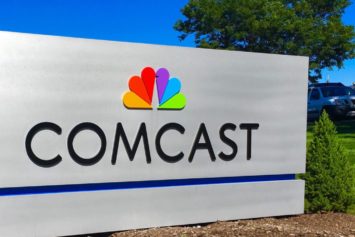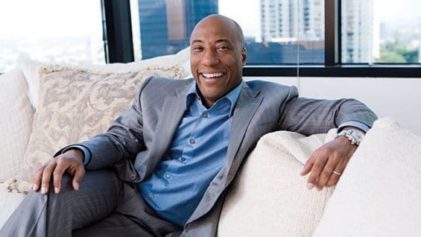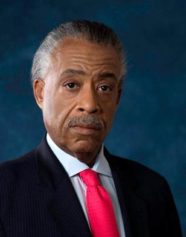
Comcast sign in Bloomfield, Connecticut (Mike Mozart/Flickr)
Comcast Cable announced Friday, Dec. 15, that it is conducting a competition to create two independent, majority Black-owned networks in an effort to push a diversity initiative that began five years ago. The channels will launch in chosen Comcast markets by January 2019.
In 2011, Comcast committed to creating a series of independent, nonwhite owned and managed networks in conjunction with a deal with NBCUniversal. The telecommunications company has since propelled more than 20 channels to success, including four created as a result of an agreement signed between various civil rights organizations, Comcast and NBCUniversal to improve programming diversity. They include Diddy’s Revolt TV and Magic Johnson’s ASPiRE network, both of which target the Black community, and Hispanic-aimed networks Baby First Americas and El Rey.
Interested Black majority owners can submit their proposals via website through March 15, 2017. The cable company is open to channels focused on varying genres, including kids, news, music, sports, movies and general entertainment. Other factors the screening committee will review are whether the network is a fully financed, whether there is well-established management and ownership, whether the channel has already launched and whether there is/will be a multi-channel video programming distributor and the chance of providing financial value.
The competition follows a 2010 call for Comcast and NBCUniversal to create more opportunities for Black-owned media ahead of their merger.
At the time, Stanley Washington, president of the National Coalition of African American Owned Media, explained why diverse networks are crucial to New America Media and said he hoped the merger would cause at least 25 of Comcast’s 250 channel line up to be dedicated to Black-owned networks.
“When you really start thinking about the areas that are critically important to us as African-Americans, one of the biggest issues is our ability to own, distribute and create our image,” he said.


